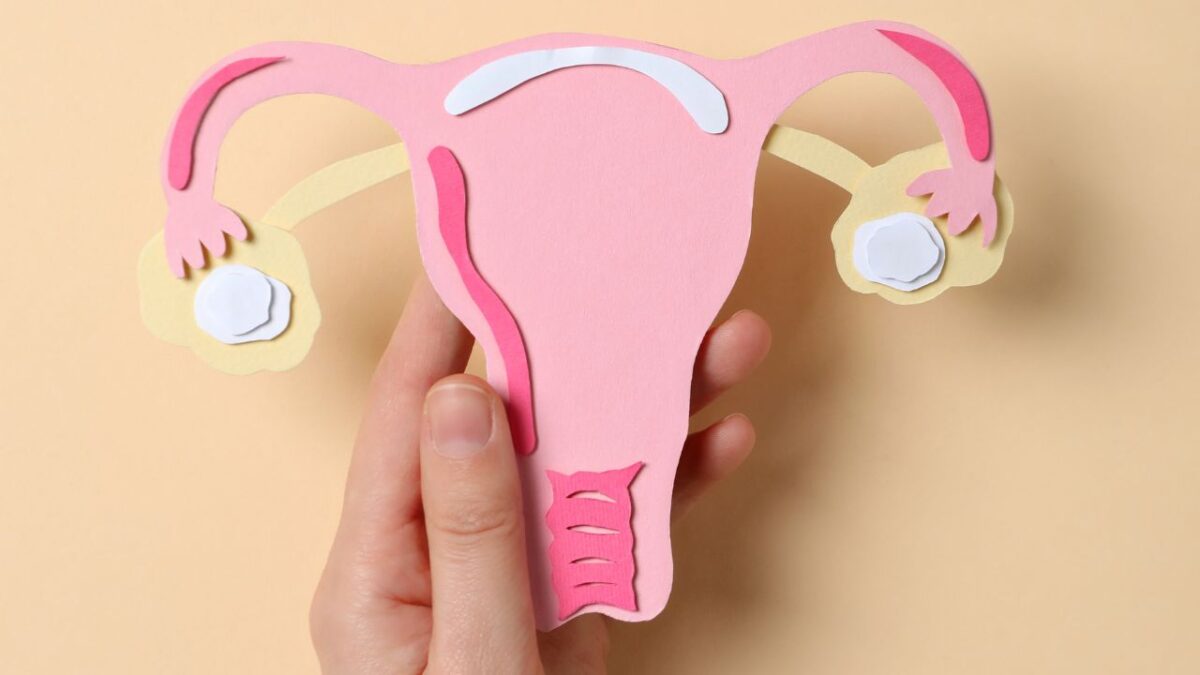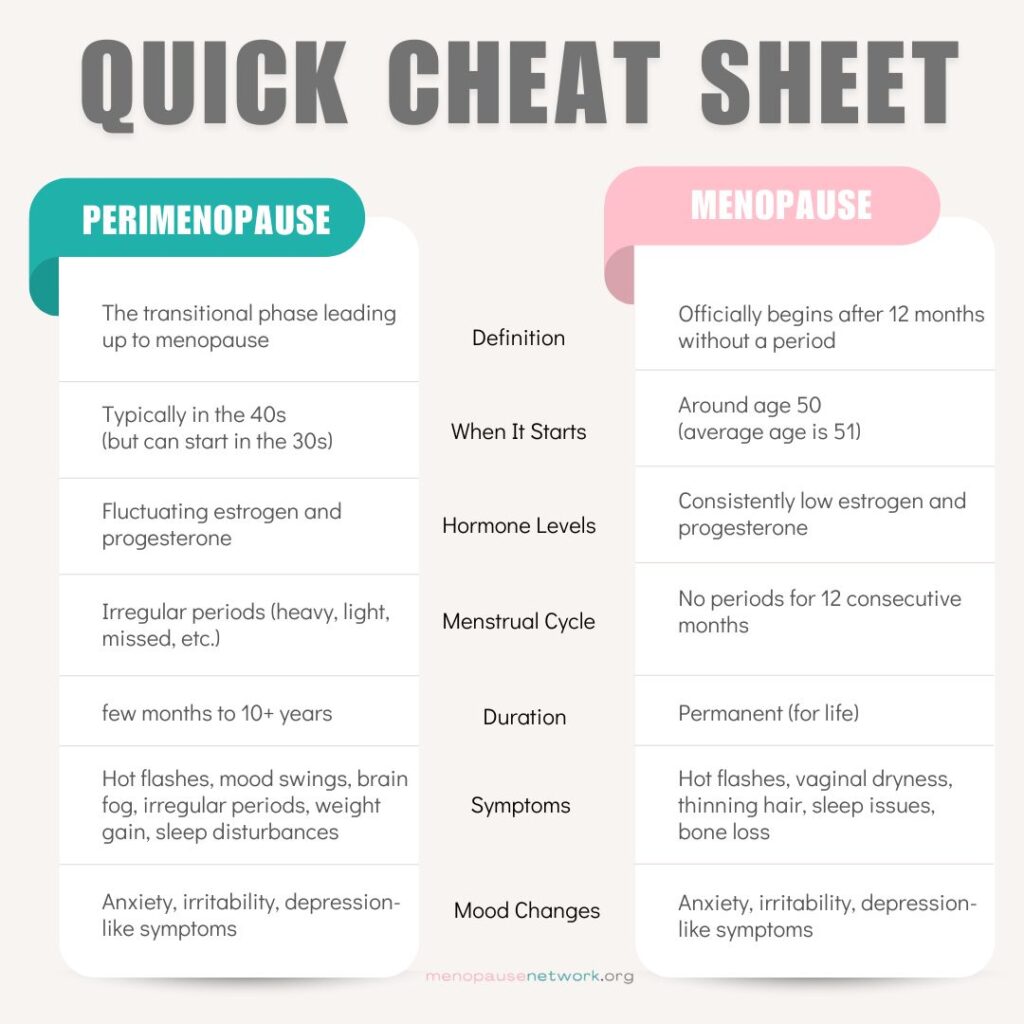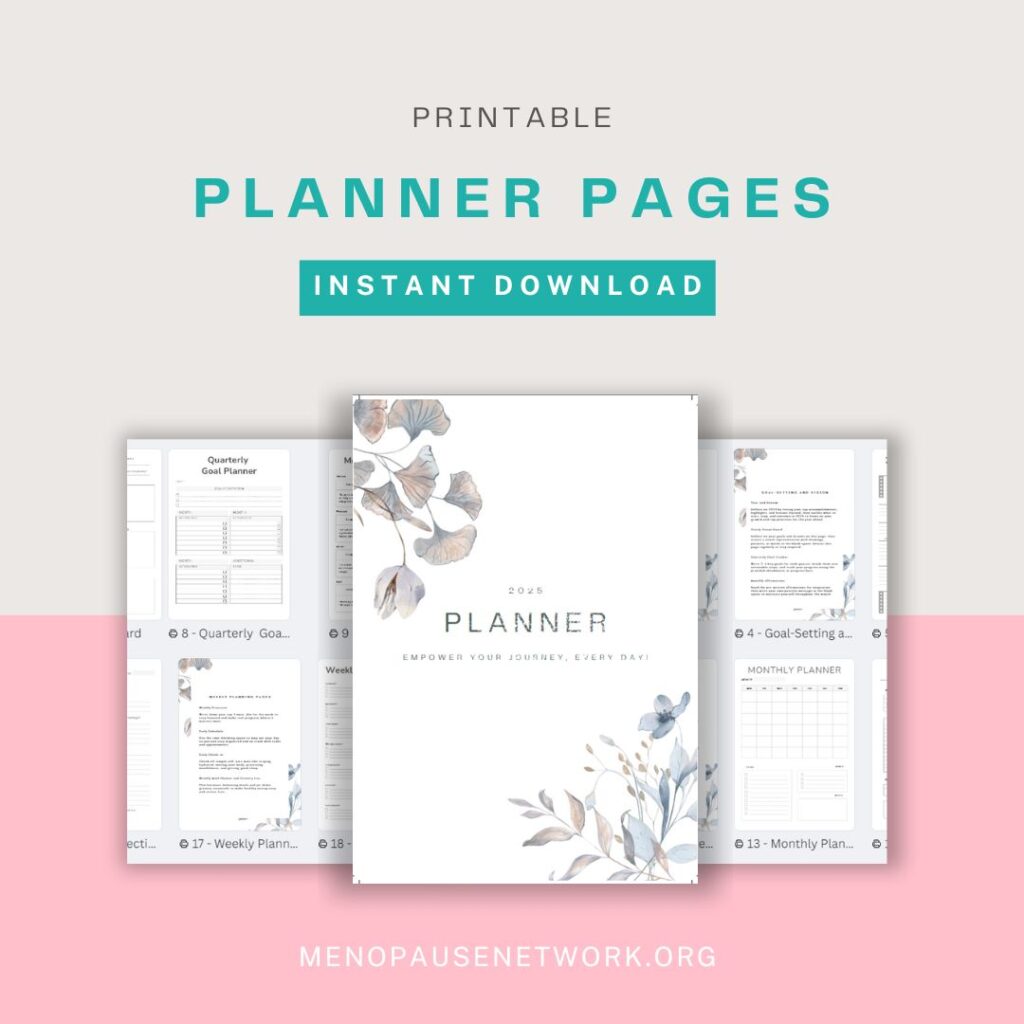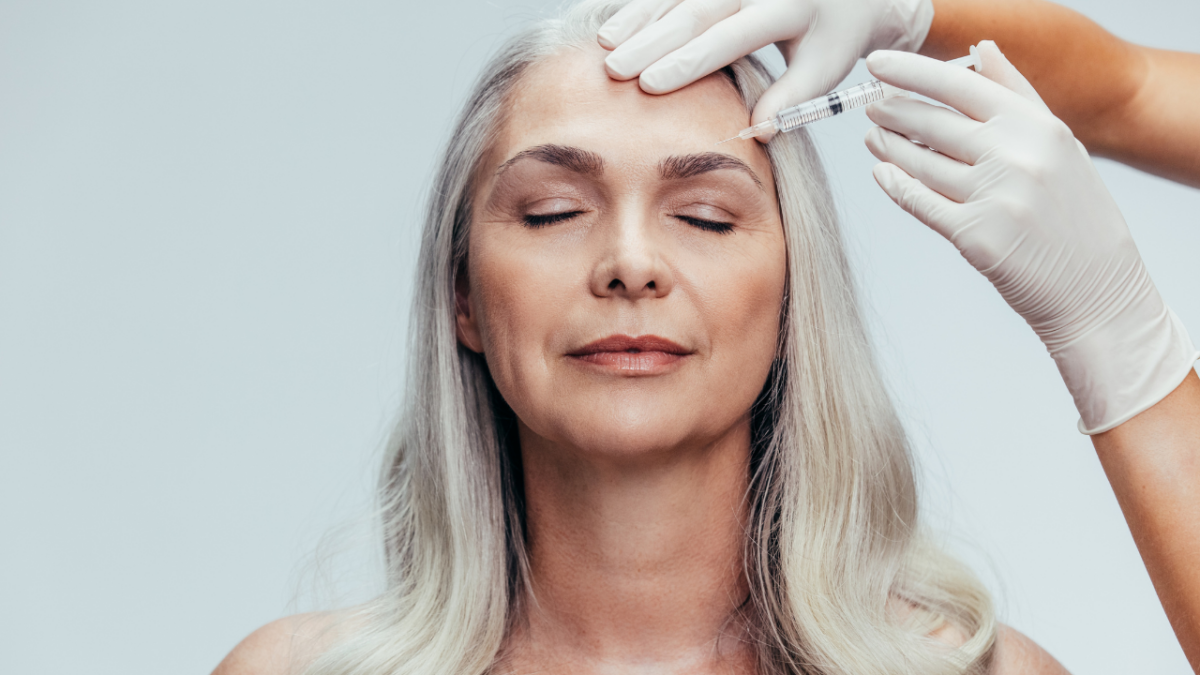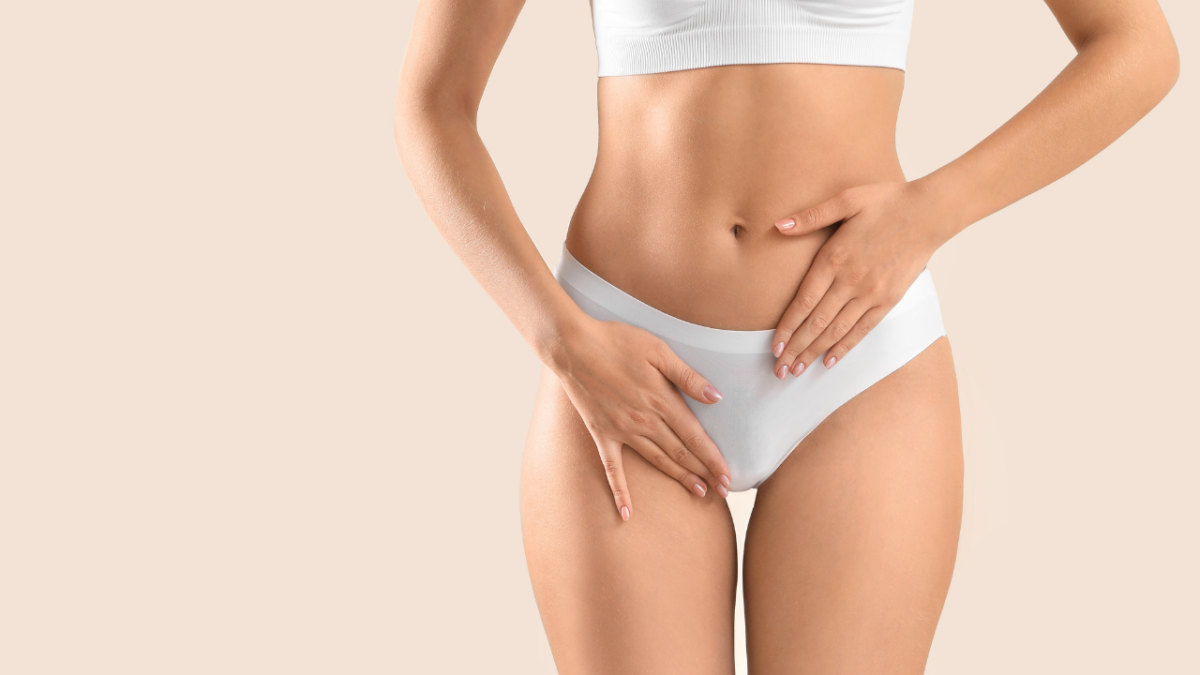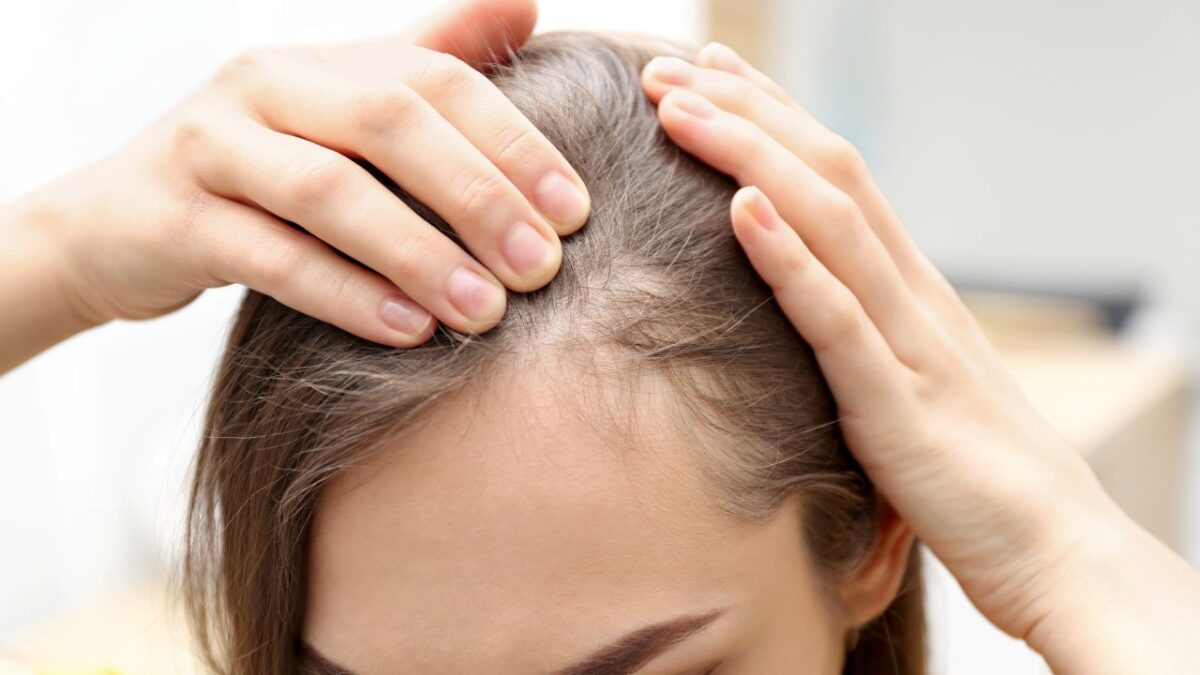Why Nutrition After 40 Matters More Than Ever
Turning 40 isn’t just another birthday—it’s a turning point for your body. Maybe you’ve noticed the scale creeping up despite eating the same way you always have. Or perhaps your energy levels dip by mid-afternoon, and that second cup of coffee just isn’t cutting it anymore. What gives?
Blame it on biology. As we age, metabolism slows down, muscle mass naturally declines, and hormonal shifts (hello, perimenopause) can make weight management trickier than before. On top of that, our bodies become less efficient at absorbing key nutrients like calcium, vitamin D, and B12. But here’s the good news: with a few smart tweaks to your eating habits, you can fuel your body in a way that keeps you feeling vibrant, strong, and in control of your health.
Let’s dive into easy, actionable ways to nourish your body—without counting every calorie or giving up your favorite foods.
1. Prioritize Protein to Stay Strong and Satisfied
Muscle mass naturally declines after 40, making protein an absolute must for maintaining strength and keeping your metabolism humming. Plus, protein helps keep you full longer, reducing those mid-afternoon cravings for something sweet.
Simple ways to up your protein intake:
✔ Add Greek yogurt to your morning smoothie instead of regular yogurt.
✔ Swap out white rice for quinoa—it has more protein and fiber.
✔ Choose snacks like hard-boiled eggs, cottage cheese, or almonds instead of chips or crackers.
✔ Include lean protein (chicken, fish, tofu, or beans) in every meal.
💡 Meal Idea: A veggie-packed omelet with feta cheese for breakfast, grilled salmon with roasted sweet potatoes for dinner, and a handful of nuts for a satisfying snack.
2. Cut Back on Sugar (Without Feeling Deprived!)
Sugar isn’t just about extra calories—it can wreak havoc on blood sugar levels, increase inflammation, and contribute to weight gain, especially around the belly (which becomes harder to lose post-40). But cutting back doesn’t mean eliminating sweetness altogether.
Smart sugar swaps:
✔ Instead of flavored yogurt, go for plain yogurt and add fresh berries.
✔ Swap soda for sparkling water with a splash of citrus.
✔ Choose dark chocolate (70% or higher) over milk chocolate for a satisfying treat.
✔ Read labels—sugar hides in places like salad dressings, bread, and even “healthy” granola bars.
💡 Craving something sweet? Try frozen banana slices dipped in almond butter, or a piece of dark chocolate with a handful of walnuts.
3. Make Friends with Fiber for Better Digestion & Weight Control
A sluggish metabolism is one thing, but sluggish digestion? No thanks. Fiber keeps everything moving smoothly, helps control appetite, and supports gut health—all things we need more of after 40.
Easy ways to get more fiber:
✔ Start your day with oatmeal topped with flaxseeds and berries.
✔ Add lentils or chickpeas to soups and salads for a fiber boost.
✔ Choose whole grains like brown rice, quinoa, or whole-wheat bread over white versions.
✔ Snack on crunchy veggies like carrots and cucumbers with hummus.
💡 Quick Fiber-Filled Meal: A quinoa and chickpea salad with avocado, cherry tomatoes, and lemon dressing.
4. Eat Mindfully—Your Body Will Thank You
Ever find yourself halfway through a meal and realize you barely tasted it? Rushed, distracted eating can lead to overeating and poor digestion. Learning to eat mindfully helps you enjoy your food more and tune in to your body’s hunger signals.
Mindful eating tips:
✔ Sit down to eat (yes, even snacks!).
✔ Put your phone away—scrolling while eating leads to mindless munching.
✔ Chew slowly and savor each bite.
✔ Stop when you’re satisfied, not stuffed.
💡 Try This: Before eating, take a deep breath and check in—are you truly hungry or just bored or stressed?
5. Hydration: Your Secret Weapon for Energy & Glowing Skin
Dehydration can sneak up on you, leading to fatigue, brain fog, and dry skin. And guess what? As we age, our body’s ability to recognize thirst declines, so you might not even feel thirsty until you’re already dehydrated.
Hydration hacks:
✔ Start your day with a glass of water before coffee.
✔ Carry a reusable water bottle to sip throughout the day.
✔ Infuse water with lemon, mint, or berries for a natural flavor boost.
✔ Eat water-rich foods like cucumbers, watermelon, and oranges.
💡 Goal: Aim for at least 8 glasses of water daily—more if you’re active or drink a lot of caffeine.
6. Don’t Fear Healthy Fats—They’re Your Best Friend
Fat has gotten a bad rap, but the right fats are essential for brain health, hormone balance, and glowing skin. Instead of avoiding fat, focus on healthy sources.
Best sources of healthy fats:
✔ Avocados (spread on toast or added to salads).
✔ Nuts and seeds (a small handful makes a great snack).
✔ Fatty fish like salmon and sardines (loaded with omega-3s).
✔ Extra virgin olive oil (drizzle over veggies or use in dressings).
💡 Easy Swap: Use mashed avocado instead of mayo on sandwiches for a creamy, heart-healthy boost.
Final Thoughts: Small Changes, Big Results
Eating well after 40 isn’t about strict diets or depriving yourself—it’s about making small, sustainable choices that nourish your body and keep you feeling strong and energized.
Start by incorporating just one or two of these habits into your daily routine. Maybe you swap out white bread for whole grain, add an extra serving of veggies to your lunch, or sip more water throughout the day. Over time, these small changes add up to a healthier, more vibrant you.
Your body is changing—but that doesn’t mean you can’t feel amazing. With the right nutrition, you can thrive at any age.





